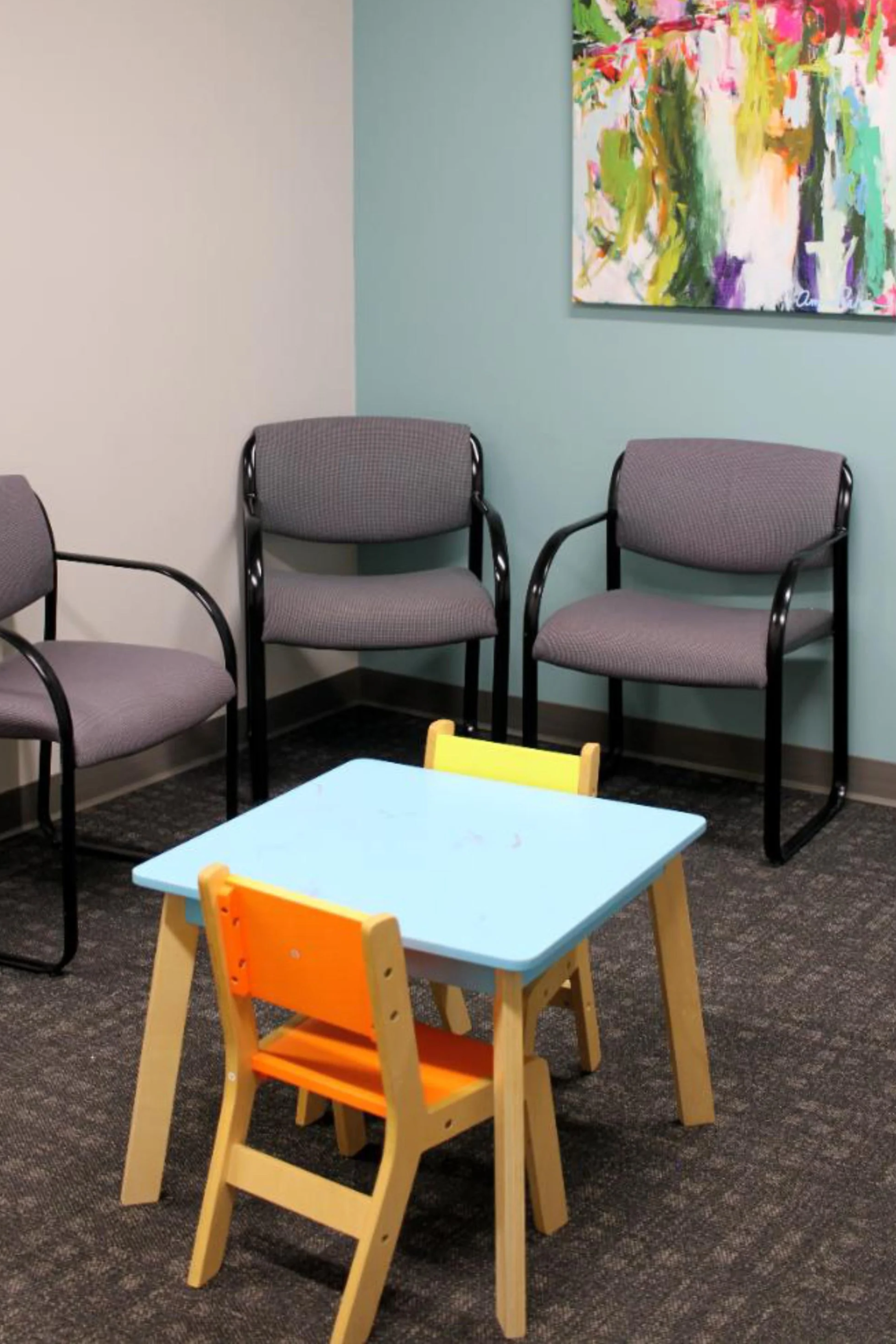Parenting
Parenting can be both rewarding and incredibly challenging, especially when navigating stress, behavioral issues, or a child’s unique emotional needs. Many parents struggle with feelings of overwhelm, guilt, or uncertainty about how to respond effectively to their child’s behavior. Mental health counseling can offer valuable support in strengthening parenting skills by helping caregivers understand their own emotional responses, manage stress, and develop more effective communication and discipline strategies. Therapy provides a space for parents to explore patterns from their own upbringing that may be influencing how they parent today. Support can be offered through individual, couples counseling, or family therapy for parents of children and teens.
Counselors can introduce evidence-based approaches that support healthy child development and improve the parent-child relationship. For example, Parent-Child Interaction Therapy (PCIT) teaches caregivers how to manage challenging behaviors through positive reinforcement and clear, consistent discipline while strengthening emotional connection. Therapists may also incorporate mindfulness, emotion coaching, and stress-reduction techniques to help parents respond to their children with greater patience and empathy. In some cases, therapy can also assist in co-parenting challenges, setting healthy boundaries, or navigating special needs.
Overall, mental health counseling empowers parents to feel more confident, connected, and capable. It fosters a more supportive and nurturing environment for both the parent and the child, promoting emotional resilience and healthier family dynamics.
Therapists with this specialty:


